Today the Bank of Canada (BoC) raised its key lending rate by 0.25%. This in turn means most banks and consumer lenders will raise their prime rates by the same amount tomorrow. With most lenders, that means their consumer prime rate will increase from 6.45% to 6.70%.
This increase directly affects all borrowers with variable or adjustable rate mortgages and lines of credit. If you have one of these debts, you will receive a notification from your lender shortly advising you on the change to your interest rate and your new payment amount.
What’s the impact for current variable rate mortgage clients?
An increase of 0.25% to prime will cause the typical adjustable rate mortgage monthly payment to increase by about $15 per $100,000 of debt. So if your mortgage balance is $400,000, you should expect your monthly payment amount to increase by about $60.
If your variable rate mortgage was set up a year or two ago with fixed payments and you have not hit a trigger point already, this prime rate increase will likely make that happen. See our previous post for more details on what happens when prime increases past your trigger point.
What’s the impact for new mortgage qualification?
If you’re hoping to purchase a new property or refinance your existing mortgage and you have not already been pre-approved for a fixed rate, then this prime rate increase may reduce the maximum amount of mortgage for which you can qualify.
The average household income in Canada is roughly $85,000, and so for the average household this most recent prime rate increase will decrease their maximum purchase price by between $10,000-20,000 (depending on the type of mortgage, amount of down payment, etc).
Is this good news or bad news?
While a rate increase is always challenging for people with adjustable mortgages or lines of credit, the good news is that we seem to be very close to (if not at) the top of this interest rate cycle. Inflation has been slowly declining for a few consecutive months now, and with today’s increase the BoC should pause for at least 3-6 months in order to really measure the impact of the interest rate hikes of the last 6 months.
The long term outlook predicted by most economists continues to be that Prime will stay pretty flat through 2023 and begin declining through 2024-25.
Most large companies are taking steps now in anticipation of a coming recession (slowing hiring or making some layoffs, reducing discretionary spending, etc) and the impact of these actions will begin to show in the data of Q1 and Q2 of 2023. We expect to see some balance come to the labour market (which is currently very tight) and that should reduce inflationary pressure on wages and reduce demand on consumer goods and services.
While the BoC interest rate does not directly impact rates for fixed mortgages, they do impact the yields of the bond market and those drive fixed rate mortgage rates. The yield on 5 year Canadian bonds dropped this morning on the rate hike news (investors now feel it’s more likely that we are heading into a recession) and we expect to slowly see fixed mortgage rates declining in the coming months. This may provide an opportunity for variable rate clients to lock into a more reasonable fixed rate this spring/summer.
I have a variable rate mortgage. What should I do?
If the increasing interest rate of your variable mortgage has you worried, here are your options to consider:
- Stick with the variable – we will likely see prime begin to fall in 2024, and while it probably won’t go back to the historic lows we’ve seen in the last 2 years, we could see rates fall back by 1%-2% as the BoC tries to fight off a deep recession once inflation is under control.
- Lock into a short term fixed rate (1 to 3 year) – this will result in higher interest and higher payments over the short term, but will give you security and predictability for budgeting over the next few years. The plan would be that at renewal rates will be much lower and you can secure a better rate for your next mortgage term.
- Refinance to consolidate all of your debt – if your mortgage payment is only one of many debt payments you have to make each month, we might be able to consolidate all your debt into a mortgage with a monthly payment that is lower than the sum of all your existing debt payments.
- Refinance your debt to a Home Equity Line of Credit – if your mortgage is less than 65% of your property value, you might qualify for a HELOC which would only require Interest payments (no principal). This would reduce your monthly payments for now, and you would look to convert back to a mortgage in a few years once rates have come down.
As always, before you make any decisions about changing your mortgage please book your free, no obligation mortgage consultation today to discuss your plan and make sure it’s the right move for your financial needs and goals!




